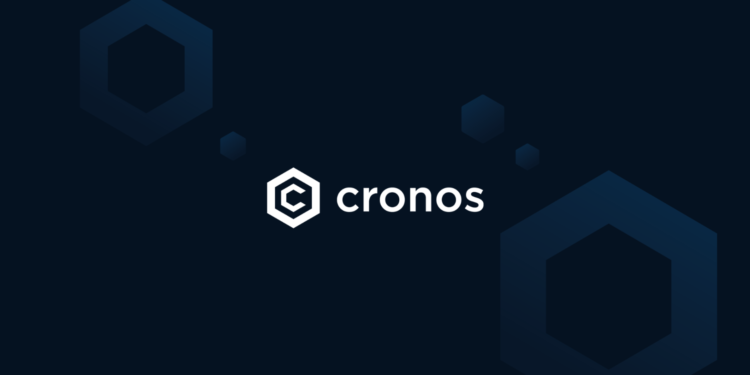Decentralized Finance (DeFi) platforms have been taking the world by storm, forcing users to leave their traditional and centralized exchanges. However, DeFi has faced a major challenge of interoperability – the ability for different blockchain networks to communicate with each other. This has resulted in a fragmented DeFi landscape, with different networks and protocols operating in silos. To solve this issue, DeFi platform Life has recently announced integration with Cronos blockchain to expand its supported chains and open multiple doors for its users.
Cronos Blockchain Accelerates Life Defi’s Goals
Life DeFi, an innovative decentralized finance ecosystem, has recently announced its integration with the Cronos blockchain. The integration is a testament to the company’s dedication to offering its users a wide range of options for participating in the DeFi space. By integrating with Cronos, Life DeFi aims to provide a more diverse and versatile platform for its users to access decentralized financial services.
Life DeFi has broadened its range of supported chains by integrating Cronos, joining the likes of Ethereum, Binance, Polygon, Arbitrum, Avalanche, and Fantom. As a result, users can now effortlessly transfer their assets between these chains and benefit from the distinct advantages that each of them offers.
The lack of interoperability has resulted in a fragmented DeFi landscape, with different networks and protocols operating in the range-bound zone. This creates a challenging environment for users, who need to navigate different networks to access DeFi services. Furthermore, it hinders the growth of the DeFi ecosystem by limiting access to users and creating barriers to innovation.
Built on the Ethereum network, the Cronos blockchain offers high interoperability and fast and cost-effective transactions. By integrating with Cronos, Life DeFi users gain access to a variety of dApps and DeFi protocols that were once exclusive to the Ethereum network.
Life Defi Achieves A Significant Milestone
Life DeFi is committed to expanding its supported chains and incorporating the latest blockchain technologies. The integration of Cronos blockchain is a reflection of the company’s commitment to providing its users with the most exceptional DeFi experience possible.

The expansion of the list of supported chains and the integration of cross-chain transactions creates a more connected and interoperable DeFi ecosystem, benefiting users, developers, and the wider blockchain industry. It provides users with access to a wider range of financial services, enabling them to take advantage of the unique features offered by each of them.
Michael Gord, CEO of Life Defi, said, “Integrating Cronos blockchain into our platform is a significant milestone for us. We are committed to providing our users with the most comprehensive and flexible DeFi ecosystem, and the addition of the Cronos blockchain brings us one step closer to achieving that goal.”
This partnership also highlights the potential of Layer 2 scaling solutions in driving innovation and growth in the blockchain space. Layer 2 scaling solutions such as Cronos Blockchain provide a way to scale blockchain networks without compromising on security or decentralization. This makes them a valuable tool for expanding the capabilities of existing blockchain networks and protocols and addressing challenges such as interoperability.

Overall, the integration of Life with Cronos Blockchain is a positive development for the DeFi space and highlights the potential of partnerships and collaborations in driving innovation and growth in the blockchain industry. As the DeFi ecosystem continues to evolve, it is likely that we will see more partnerships and collaborations that push the boundaries of what is possible with decentralized finance.
However, despite the benefits of these partnerships, there are still challenges that need to be addressed in the DeFi space. One of the most significant challenges is the lack of standardization and the need for better infrastructure to facilitate cross-chain transactions. Additionally, regulatory hurdles remain an issue in some jurisdictions, creating uncertainty for DeFi platforms and blockchain firms.























